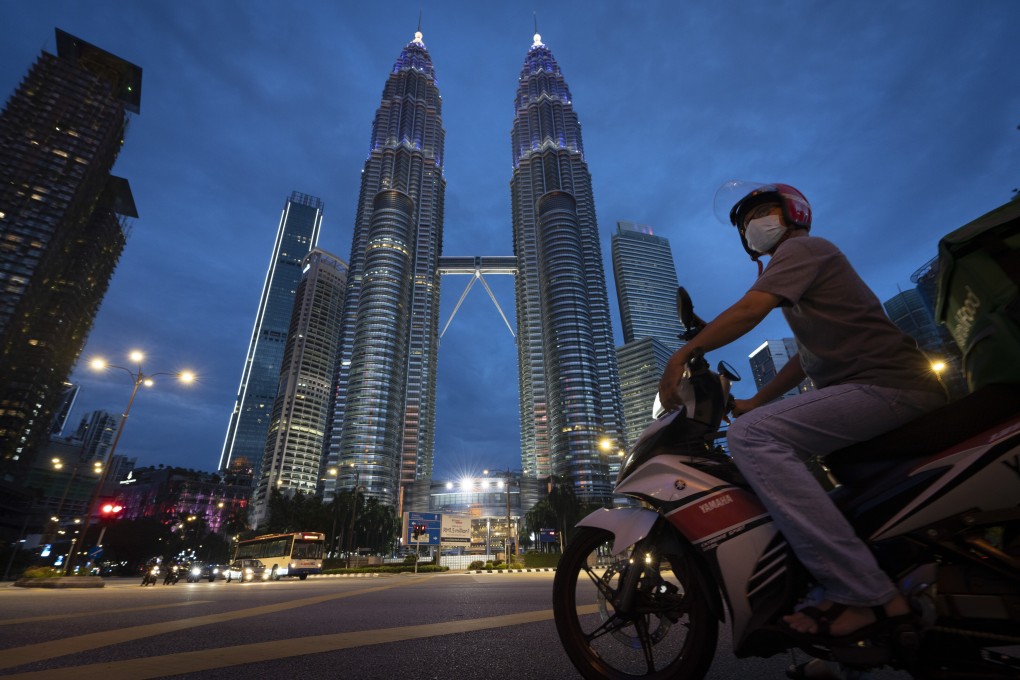Advertisement
‘Listen here, you idiot’: #SiBodohKauDengarSini trends on Twitter in Malaysia amid coronavirus lockdown frustration
- The hashtag has been the country’s top-trending topic for two days after striking a chord with hungry, angry Malaysians
- It was triggered by difficulties ordering food, but is now being used to articulate dissatisfaction over the Muhyiddin administration’s handling of the pandemic
Reading Time:3 minutes
Why you can trust SCMP

Never mess with a hungry Malaysian.
For the past two days, the hashtag #SiBodohKauDengarSini – which loosely translates to “listen here, you idiot” – has been the top-trending topic in the country, triggered by a woman’s frustration over shortened operating hours for restaurants during the latest Covid-19 lockdowns.
When a Twitter user complained of missing dinner for two days in a row because of problems with their delivery orders, another user’s unsympathetic response was that simply ordering earlier and not making a fuss was the best approach. Enter @yarafaee_, who in a now viral tweet fired back that delivery apps were hanging because too many people were ordering food at the same time at the end of a long day at work.
Her words have resonated with netizens disappointed by the government’s handling of the pandemic, and the resulting hashtag has since been tweeted more than 62,000 times.
Advertisement
“#SiBodohKauDengarSini is such a powerful hashtag,” tweeted Effi Saharudin, head of content at tech news portal Amanz.
In an interview, he said the people’s patience had snapped as they were tired of the government flip-flopping over Covid-19 policies, and said Monday’s announcement of a new US$3.7 billion aid package was not seen as adding much relief to the frustrations.
“This perfect storm of incompetence resulted in this funny hashtag resonating with people,” Effi said.
Advertisement
Advertisement
Select Voice
Select Speed
1.00x